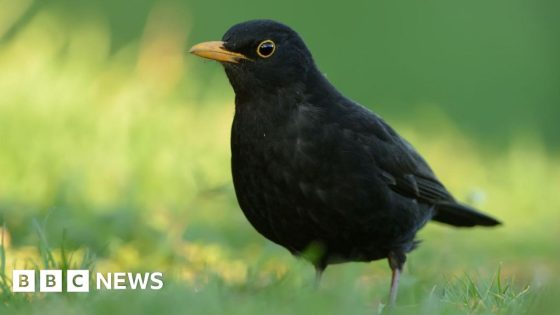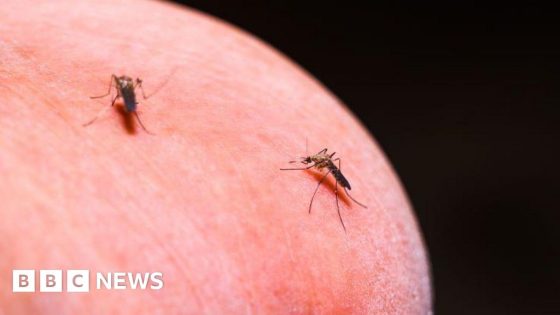A new health concern has emerged in Britain: the mosquito-borne Usutu virus. This virus, which can significantly impact blackbird populations, has spread rapidly across southern England since its first detection in 2020.
- Usutu virus affects blackbird populations in Britain.
- Climate change aids mosquito-borne disease spread.
- Blackbird numbers have declined by 40% since 2020.
- Usutu virus first detected in UK in 2020.
- Volunteers needed for blackbird population monitoring.
- Blackbirds are important for ecosystem health.
As scientists monitor the situation, the potential risks to wild birds and the broader ecosystem are becoming increasingly clear. With climate change creating favorable conditions for mosquitoes, the spread of such diseases raises urgent questions about public health and wildlife conservation.
How can we mitigate the risks associated with the Usutu virus? Understanding its impact on wildlife is crucial for public health. Regular monitoring and community involvement can help track blackbird populations and the spread of the virus.
- Participate in local birdwatching initiatives to help monitor blackbird numbers.
- Stay informed about mosquito control measures in your area.
- Support conservation efforts aimed at protecting vulnerable wildlife.
- Educate others about the importance of biodiversity and ecosystem health.
As we move forward, it’s essential to remain vigilant and proactive in protecting our ecosystems. Engaging in community efforts can make a significant difference in combating the spread of diseases like Usutu.

































